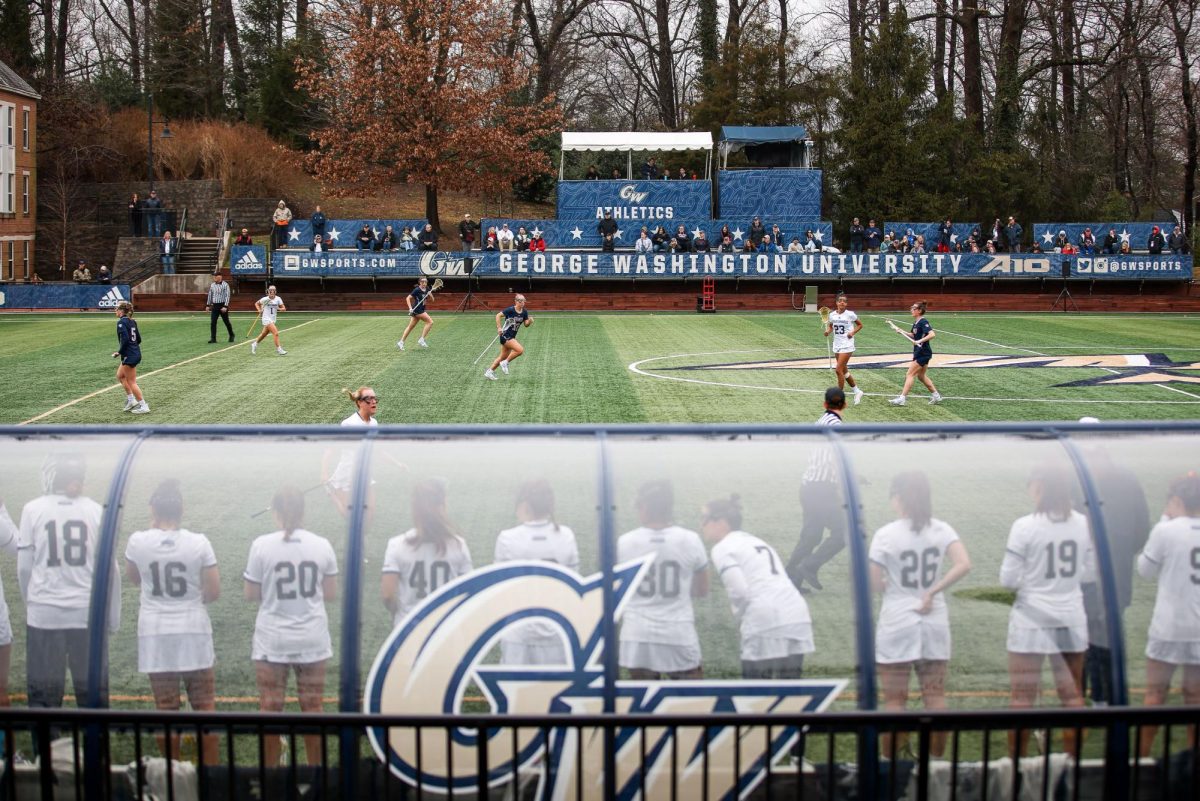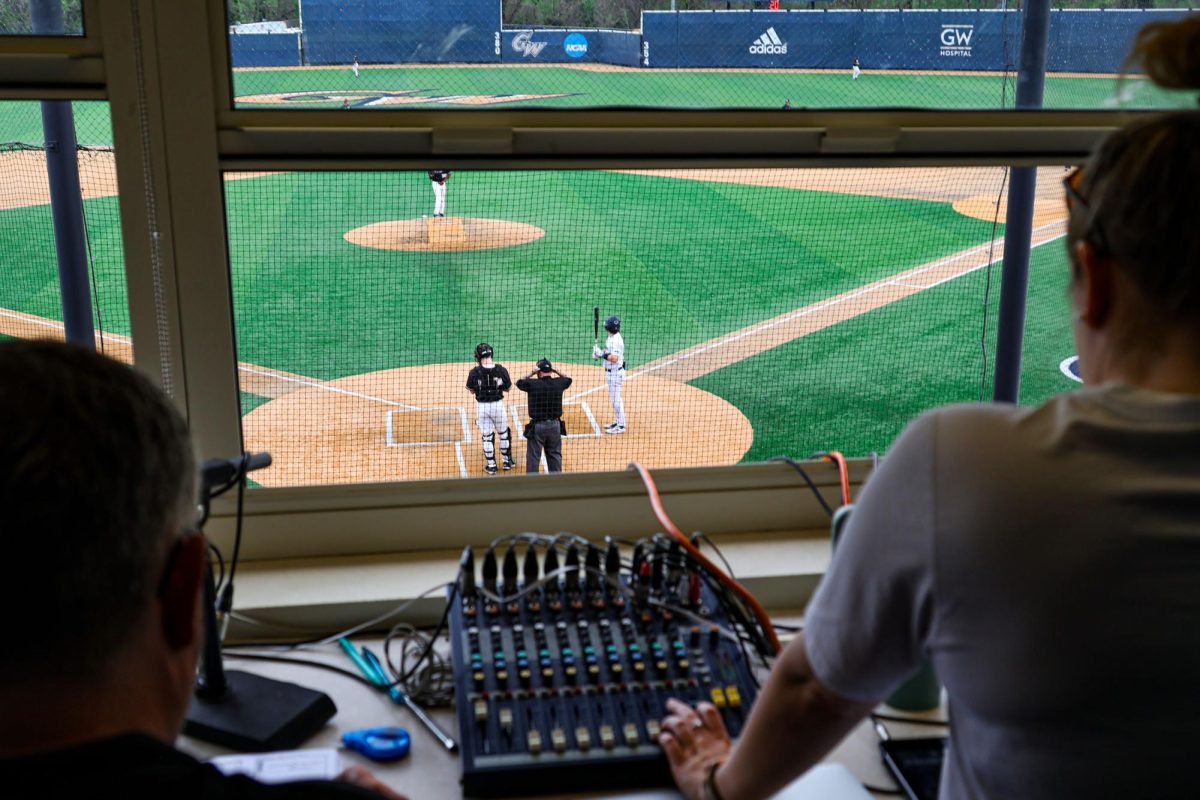For incoming freshmen hoping to see a Major League Baseball team while they attend GW, the next few weeks should go a long way in determining whether that team is the Orioles in Baltimore or the Expos in Washington. If the Montreal Expos are relocated to the District, it is still unclear when they would begin playing a few Metro stops away.
Originally, the plan went as follows: a small group from Major League Baseball’s Relocation Committee would visit all three prospective areas – Washington, D.C., Northern Virginia and Portland, Ore. – and then make its recommendation by the 2003 All-Star break. The commissioner’s office would then take that recommendation into account and award the Expos – a team that MLB currently controls- to one of the three areas to begin play in 2004. Finally, an owner would be chosen for the franchise.
With less than six weeks until the All-Star break, none of the prospective areas have even been visited, and D.C. Sports and Entertainment Commissioner Bobby Goldwater said the District is still waiting to hear from the Relocation Committee.
“We don’t know who (will visit) or when yet,” he said. “But we’re certainly anticipating sometime this month.”
A source close to the effort to bring a team to the area told the Washington Post in April that relocation by 2004 is “at best 50-50. I don’t think they will.”
But Goldwater said the Relocation Committee “stated very clearly that they are trying to get this done for 2004 and there is no reason to doubt that.”
Robert L. Johnson, founder of Black Entertainment Television, had been a prospective owner for a D.C. baseball team but withdrew his name last month, citing both his duties to his expansion basketball franchise in Charlotte and the slow pace of MLB’s relocation process.
Goldwater said the Sports and Entertainment Commission, understanding that there is a timetable to follow, has not been frustrated by the pace of the process thus far. But he said the District has made it clear to MLB that the sooner the decision can be made, the better.
“Major League Baseball needs to understand that everything in place for baseball today – viable sites, a financing plan that makes sense and enthusiastic support throughout the District. There is a shelf life for that,” he said. “We’re not going to be able to keep this combination of resources and support available forever.”
One problem the District still has to solve is its financing plan for a new ballpark, a portion of which has been called into question by the Major League Baseball Players Association. The “jock tax,” in which visiting players would be subject to an income tax, is relatively common in baseball, but residents of the specific area are usually subject to the income tax as well.
The D.C. home rule charter specifically forbids such a tax on residents, so the District’s plan only includes a tax on visiting athletes. MLBPA Executive Director Donald Fehr said his union would challenge the constitutionality of such a financing plan, but Goldwater said the District is not worried.
“We’re looking forward to working through whatever issues might exist,” Goldwater said. “And frankly, that revenue stream, while it would be helpful, is not critical to funding the ballpark.”
While he waits for the Relocation Committee to visit, Goldwater said he has been following the Expos, who were 37-26 and six games out of first-place in the National League East through June 9.
A benefit of the Expos’ strong play is that the longer they stay in the playoff race, the less likely Major League Baseball is to trade away any of the club’s young stars like right fielder Vladimir Guerrero or starting pitcher Javier Vazquez.
“The only thing better than getting a Major League Baseball team relocated to the District would be getting a good one,” Goldwater said.
Despite playing well early on this season, the Expos are still having attendance problems. Playing “home” games in both Montreal and San Juan, Puerto Rico, the Expos averaged 12,248 fans per game in their first 30 home games. Only Tampa Bay is drawing fewer spectators.
“You see how great they’re doing in the standings and you see where they are with attendance,” Goldwater said. “And we keep thinking, ‘Please come to Washington.'”






